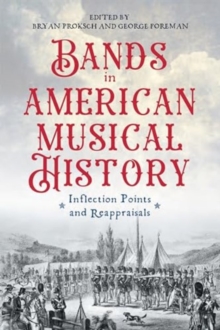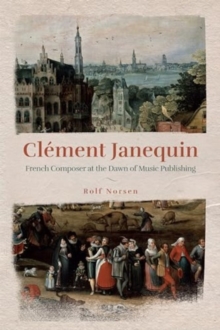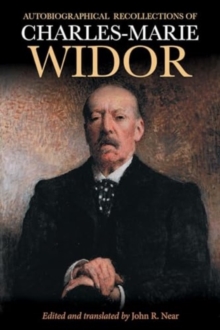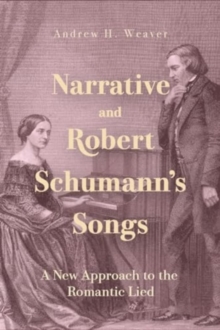
Autobiographical Recollections of Charles-Marie Widor PDF
by John R Near
Part of the Eastman Studies in Music series
Description
The last of the Romantics, Widor narrated his recollections in 1936, bringing to life his diverse experiences from the time of Louis Philippe to the cusp of World War II.
Widor's Toccata is the most famous organ piece composed in the past three hundred yearssince Bach's ubiquitous Toccata in D Minor. Linked inseparably with the organ through his ten seminal organ symphonies and legendary sixty-four years as organist at Saint-Sulpice, Widor drew crowds of doting admirers from all walks of life around himself and Cavaille-Coll's great organ of one hundred stops. It is apparent throughout these "Autobiographical Recollections" that Widor was well-connected, moving with ease among the intelligentsia, presidents, politicians, royalty, nobility, patrons, and artists. A keen observer and a man of sophistication and extraordinary erudition, Widor was an all-embracing musician and notable historical figure who led an active life beyond his famous organ gallery. As permanent secretary of the Academy of Fine-Arts, he was the cultural ambassador of France for more than twenty years. Few musicians of any era have had a broader experience, wider sphere of influence, and greater number of significant and varied accomplishments.
Preceded by a comprehensive Preface, these "Autobiographical Recollections," narrated in the last months of Widor's life, are translated into English for the first time, meticulously edited, and profusely annotated. The persons, political details, and historical events that Widor spoke of with great fluency are identified in notes that give the reader a full understanding of the narrative. Several appendixes and a trove of hitherto unpublished photos illuminate the text.
Information
-
Download - Immediately Available
- Format:PDF
- Pages:240 pages
- Publisher:Boydell & Brewer Ltd
- Publication Date:14/05/2024
- Category:
- ISBN:9781805432920
Information
-
Download - Immediately Available
- Format:PDF
- Pages:240 pages
- Publisher:Boydell & Brewer Ltd
- Publication Date:14/05/2024
- Category:
- ISBN:9781805432920










